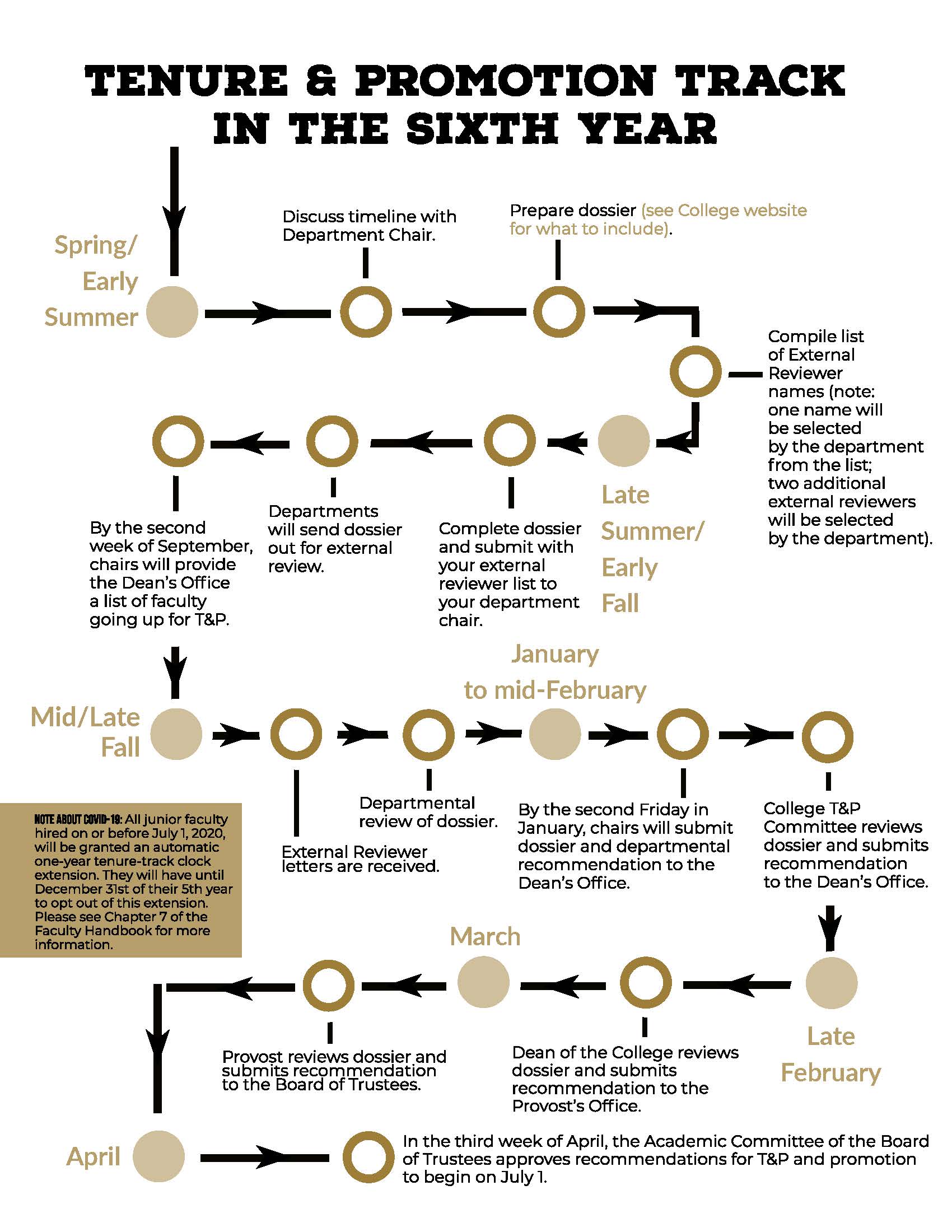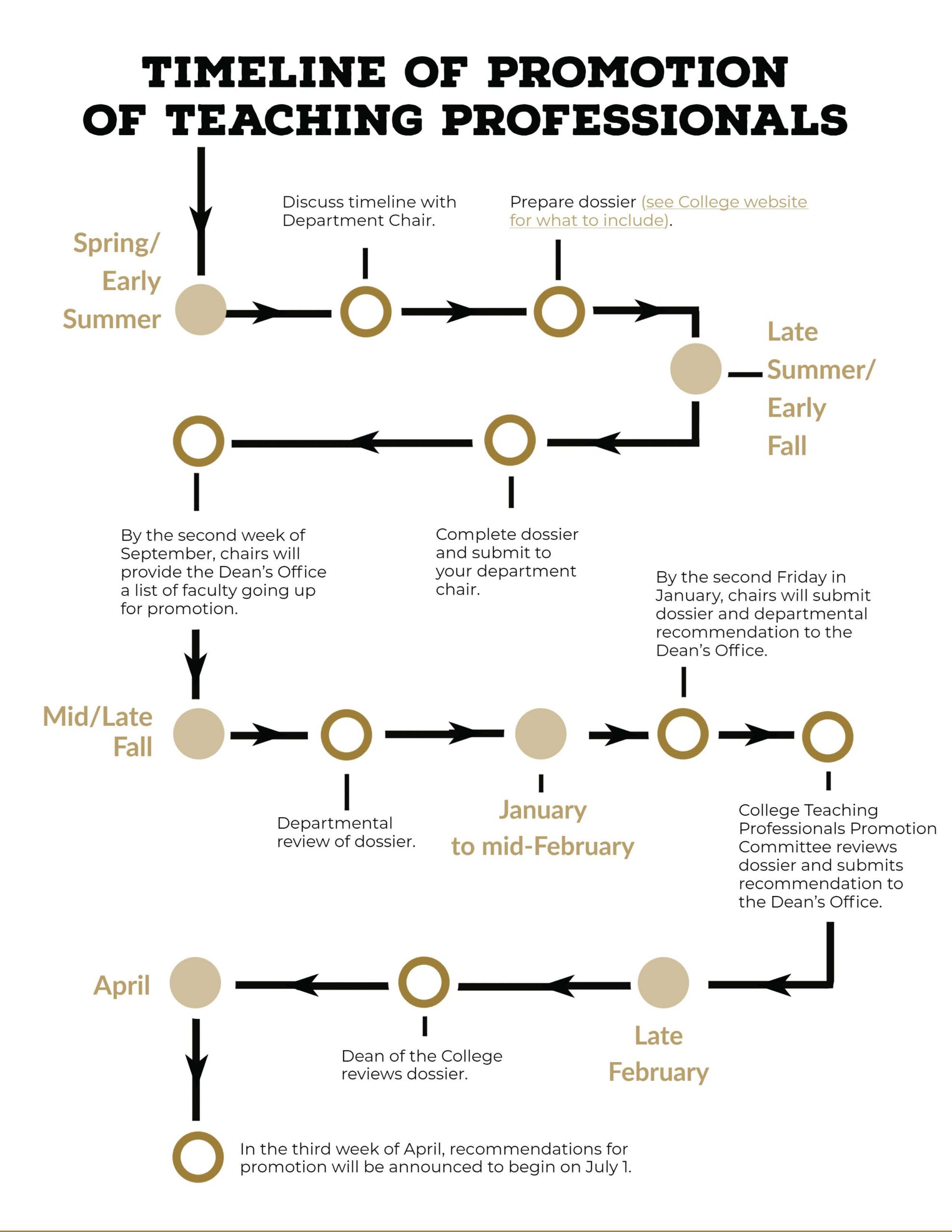College Faculty Guide
Overview
Welcome to the Wake Forest College of Arts and Sciences. The College Faculty Guide serves as a jumping-off point to help you find academic and administrative resources for you at Wake Forest University.
This guide includes:
Classrooms & Space Resources
Faculty Awards and Funding
Governance Resources
- University Policy Library
- Faculty Handbook
- Faculty Senate
- Faculty Grievance
- Rights and Resources for Non-Tenure Track Faculty
- AI Resources
- College Statement on Proctoring Software
- Disability Services
- Reporting Student Misconduct
- Suggested Language for Syllabi
International Resources
New Faculty Resources
Promotion for Faculty
University Resource Guidebook
For additional University resources available to College Faculty and Staff, please visit:
University Resources and Services Guide.
Classrooms & Space Resources
Expectations of All Academic Spaces:
- Honor academic scheduling and room reservations by starting and ending your class or event on time and exiting the room at the end of your time.
- Everything brought into the room must be removed when you leave.
- Clean the whiteboards or chalkboards.
- Trash should be deposited in recycling or trash bins.
- Turn off the technology and lights when you leave.
- Close the door and any windows when you leave.
- Much of our newer classroom furniture is mobile. The College does not expect classrooms with mobile furniture to have a default furniture layout; we encourage experimentation with varied layouts that support student learning. Many recently renovated College classrooms with mobile desks, chairs, and/or tables feature sample layouts affixed to walls to give you ideas.
- Arrive early enough to configure space for you and your students’ teaching and learning. Encourage your students to help you with moving furniture if needed, or ask them for suggestions about layouts that will facilitate the day’s plans.
- Dry-erase markers, chalk, and Expo cleaner are disposable and movable resources; your best bet is to carry your own, obtained through your department’s central supply or your academic coordinator.
- If you remove any furniture from a classroom during one of your classes, return it where you found it before you leave. Classes are assigned, in part, to rooms based on their student capacity and all students need a place to learn.
- Specialized learning spaces such as labs and studios may have their own training and expectations; please work with the local space manager.
Academic Scheduling Process
More information about the College’s schedule build process, including timeline and classroom assignments, can be found here.
For questions regarding the academic scheduling process, reach out to your Academic Coordinator or space manager for department-specific procedures.
Classroom Safety Devices
Classroom safety devices are being added on a rolling timeline across the Reynolda Campus. Training will be offered to faculty to accompany the rollout. Deacon One also has asynchronous training options, including a video tutorial. (Click Deacon One Portal and Sign In > Click Article in the left column > Click Classroom Safety Enhancement > Under Attachments will be the training documents, including the video).
Facilities Emergency Contact
For immediate assistance or emergencies (e.g. water leaks, temperature issues, request assistance with biohazards), contact Facilities and Campus Services at (336) 758-4255.
Non-Emergency Repairs
Call an academic space’s managing department office to report any important but non-emergency repair needs (burned-out lights, clock not working, etc.); please leave a detailed message if routed to voicemail. If you do not know a space’s management department, please reach out to your own department’s academic coordinator who can help place the work order or put you in touch with the correct space manager.
Technology in the Classroom
The standard classroom technology in most College academic spaces is wireless and HDMI projection with sound. Some rooms have DVD capability and/or document cameras. If you’re in need of equipment or tech support that isn’t standard in our classrooms, plan ahead and contact your department’s administrative support staff or the IS Service Desk.
If you’re new to using Wake Forest classrooms or just want a multimedia refresher, check out the Introduction to Multimedia Technology video series put together by the IS Multimedia Technology team. They support more than 400 Wake Forest learning and meeting spaces.
If your classroom tech isn’t working, call 336-758-4357 (8 am to 5 pm excluding holidays and campus closings), submit a Service Desk ticket, or chat live (8 am to 9 pm, excluding holidays and campus closings) with a member of the service team. The service team will respond as quickly as they can, but they may not be able to resolve all problems during your classroom period.
Reserve a Classroom or Academic Space
To reserve a classroom or academic space for a special event, a meeting, or a study session with your students, visit DeaconSpace.
Faculty Awards and Funding
Each year, the College hosts several awards honoring teaching, service, and research. Faculty awardees are announced in the faculty meeting each May. Staff and faculty recipients of the CBOV awards are notified in the fall.
There are numerous external funding opportunities. Wake provides its faculty and staff access to two funding database search engines: SPINPlus and Foundations Directory Online. Links on the external funding page also include funding opportunities for junior faculty, current opportunities, and important federal grant information.
Wake Forest University has internal funding to support: exploratory research to compete for external grants, proposal writing, publications, conference travel, travel to a special resource (library, museum, collection, etc.), community engagement, exploration of new teaching ideas and methods, undergraduate research fellowships, as well as other scholarly endeavors. This site provides a list of these opportunities, which includes opportunities from the Provost’s Office and the Dean’s Office.
The College has more information about College-specific internal funding.
Named in honor of Hubert McNeill Poteat, who taught at Wake Forest University from 1911 to 1956 and was widely known and respected as a Latin scholar, the Poteat Lecture series is designed to recognize and celebrate the many achievements of our faculty in research, scholarly, and creative work.
The annual lectures are held each spring and are sponsored by the Office of the Dean of the College and the Graduate School of Arts & Sciences.
All junior faculty members on the tenure track are guaranteed a Junior Research Leave for one semester at full pay or one year at half pay prior to the tenure decision. Although Junior Leaves are guaranteed, faculty are still required to submit an application for leave one year prior to the desired leave term.
Senior faculty (associate and full professors) are eligible to apply for a Reynolds Leave every five years. Reynolds Leaves are awarded on a competitive basis.
Governance Resources
The University Policy Library contains Wake Forest’s policies that connect the University’s mission to the everyday actions of its community, clarify the institution’s expectations of its individual members, mitigate institutional risk, enhance efficiency, and support the university’s compliance with laws and regulations.
Documents contained in the library are secured and available to University faculty, staff and students. You must be logged into your WFU Google account in order to access these documents.
The Provost Office offers a digital version of the latest Faculty Handbook.
The Faculty Senate is the faculty body responsible for shared governance across Wake Forest’s academic operations. The Senate is a distinctive body: It crosses all disciplinary borders and comprises members from each constituent school of the University on the Reynolda, Downtown, and Bowman Gray campuses as well as the deans, the provost, the chief financial officer, and the president, who serve as ex officio members.
Information on the faculty grievance procedure can be found in the Faculty Handbook.
All junior faculty members on the tenure track are guaranteed a Junior Research Leave for one semester at full pay or one year at half pay prior to the tenure decision. Although Junior Leaves are guaranteed, faculty are still required to submit an application for leave one year prior to the desired leave term.
Senior faculty (associate and full professors) are eligible to apply for a Reynolds Leave every five years. Reynolds Leaves are awarded on a competitive basis.
Honor and Ethics Resources
Recent developments in the field of artificial intelligence (AI) raise a number of important questions for educators. In line with our mission, the Center for the Advancement of Teaching aims to advance critically reflective, evidence-informed, and human-centered answers to these questions. The CAT offers a central hub of resources for all WFU instructors hoping to gain a better understanding of AI tools and the questions they raise for their teaching.
The purpose of the College Statement on Proctoring Software is to outline the position of the College on software that might be used to conduct online/remote proctoring of exams in the College. This statement only applies to the use of software for the purpose of proctoring of summative assessments and not the use of other software platforms used solely for the administration of exams.
The University’s Student Accommodation Process is outlined on the Center for Learning, Access, and Student Success’s website.
If you are a WFU instructor and would like to request a consultation with the Judicial Liaison with questions regarding reporting a potential academic misconduct, please fill out the Basic Consultation Request.
If you are a WFU instructor and would like to proceed with reporting a case of potential academic misconduct and are ready to provide documentation, please fill out the Comprehensive Reporting Form.
The Center for the Advancement of Teaching offers a central repository for recommended or required syllabus language from various entities across the institution, from disabilities to honor code.
International Resources
Global Wake Forest has many resources for faculty interested in teaching abroad.
The Center for Immigration Services & Support (ISS) serves all international students and scholars participating in programs with Wake Forest University. The ISS offers resources to make things easier for international employees or visitors at Wake Forest University. Financial Services also offers information on Foreign Visitors.
New Faculty Resources
The 2024 New Faculty Orientation Schedule will be available on the New Faculty page on the College website.
More information will be forthcoming and sent to incoming faculty directly from the Offices of the Provost and the Dean of the College.
FAQs
Check out this list of questions/topics that were discussed at previous orientations and the responses that were provided by the Office of the Dean of the College.
Wake Downtown is Wake Forest’s dynamic downtown Winston-Salem campus. Find more information on the Wake Downtown website, from parking and transportation to scheduling classes and events.
Promotion for Faculty
Assistant Professors will be reviewed four times prior to the preparation and submission of the Tenure and Promotion dossier in the sixth year. In addition to these college policies, you should consult your department chair to learn about department documents covering tenure and promotion.
You can view the Tenure & Promotion timeline below.
Teaching professionals are a vital part of our academic community and are essential to fulfilling the core teaching and service missions of the College. Teaching Professionals are subject to annual evaluation. They are considered regular members of the faculty. They are invited and encouraged to attend College faculty meetings and to vote on matters of concern to the faculty.
You can view the Teaching Professionals Promotion Timeline below.



